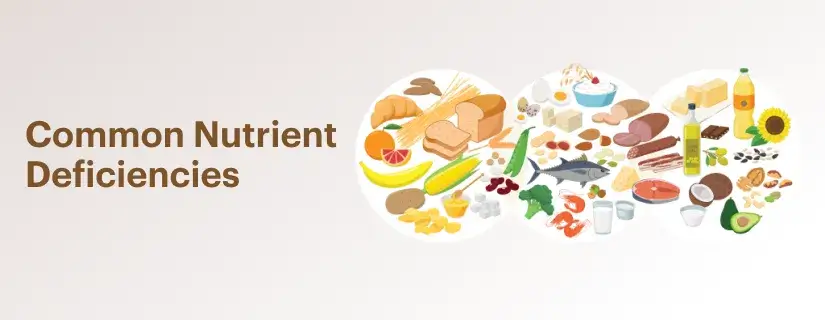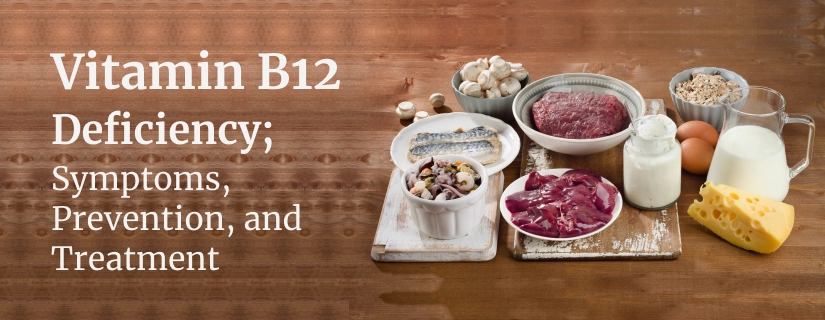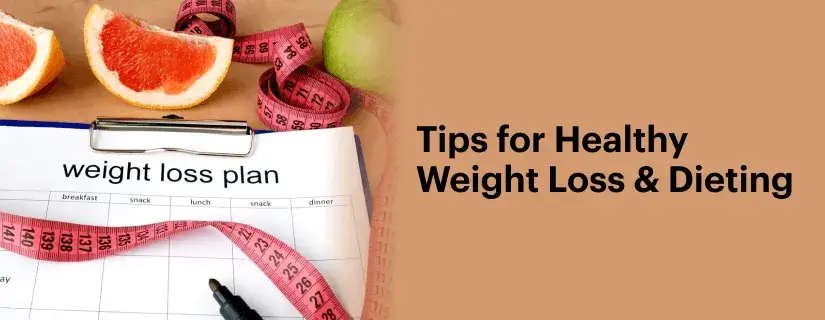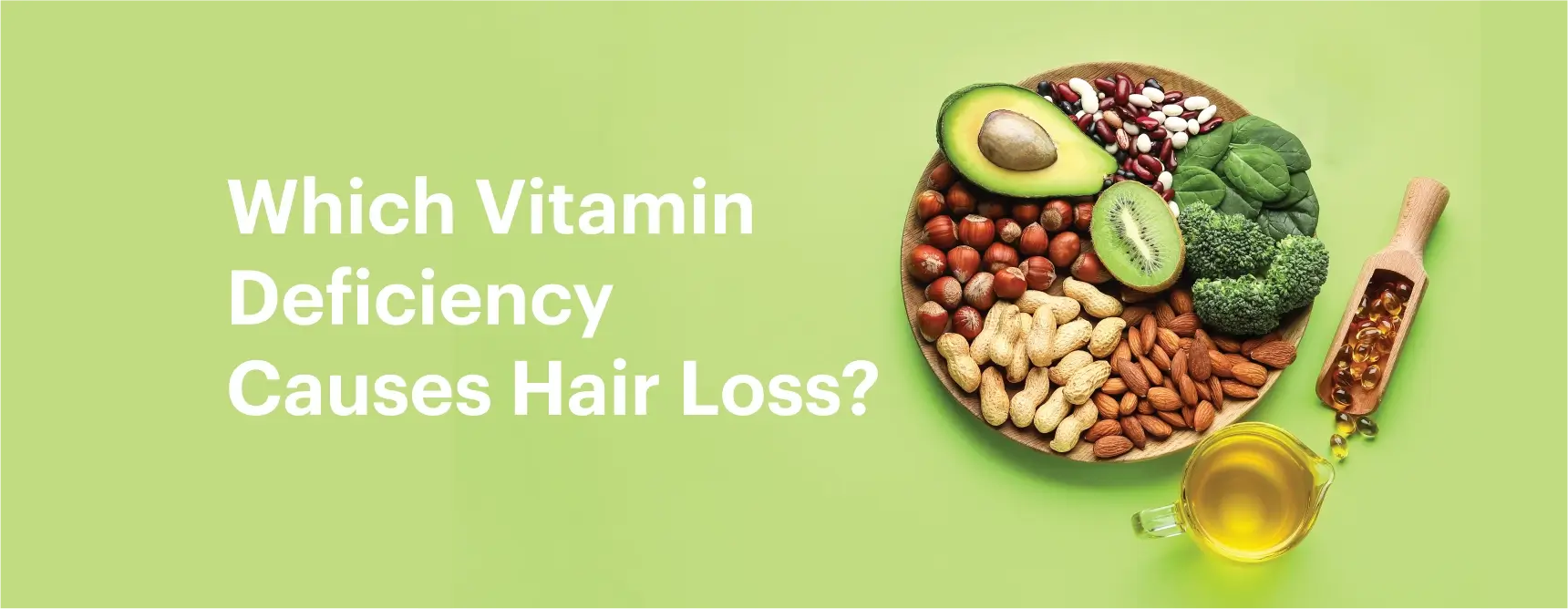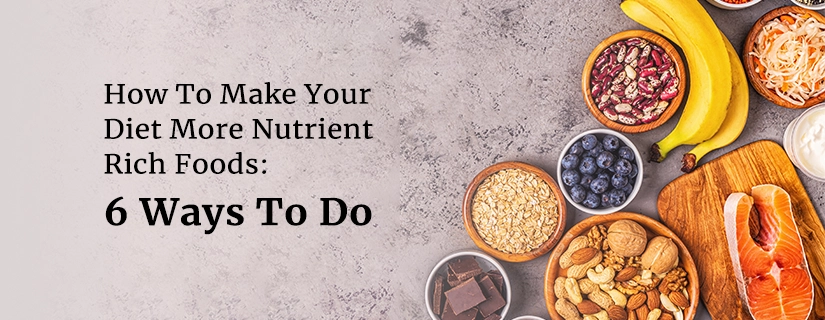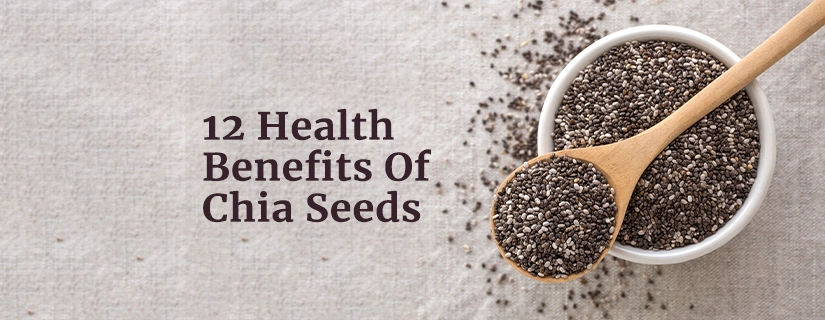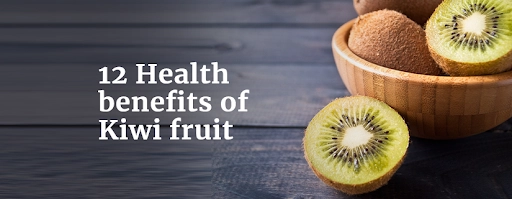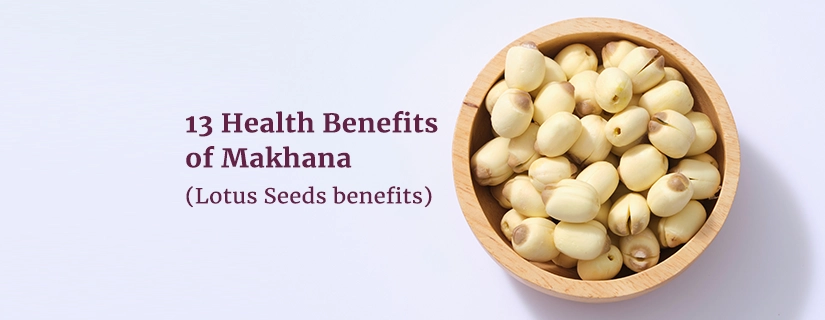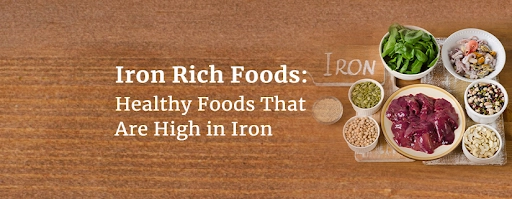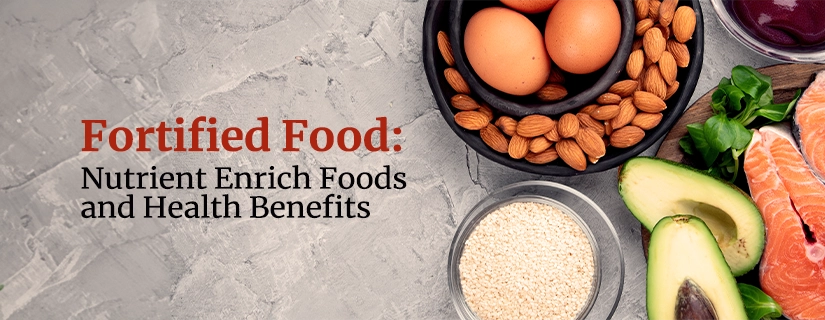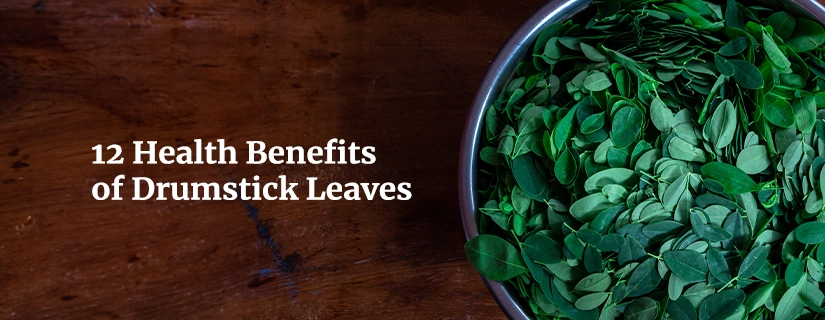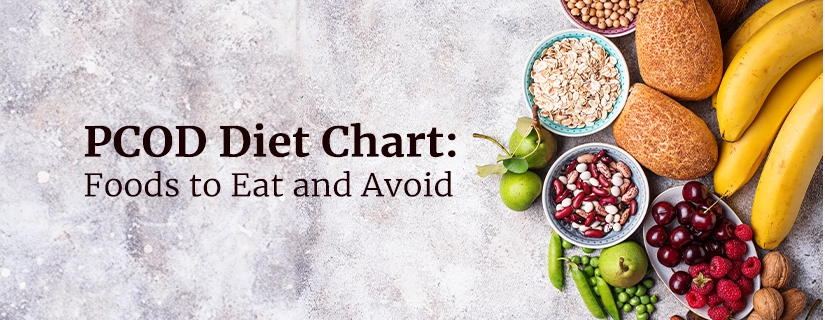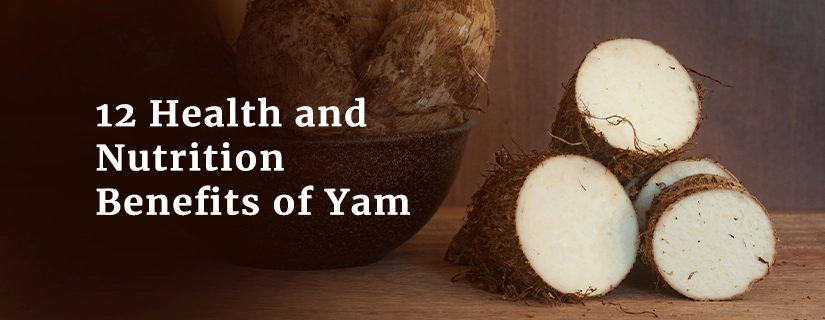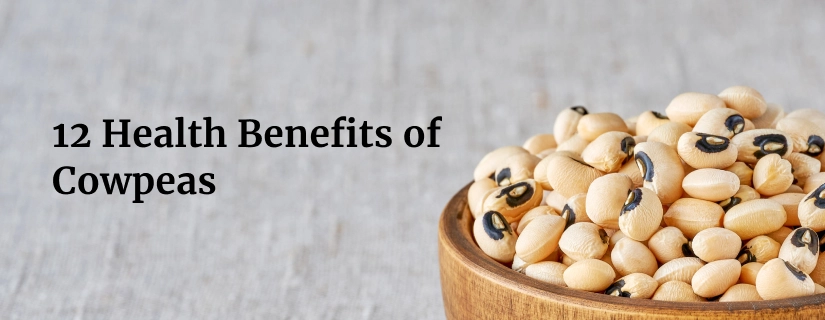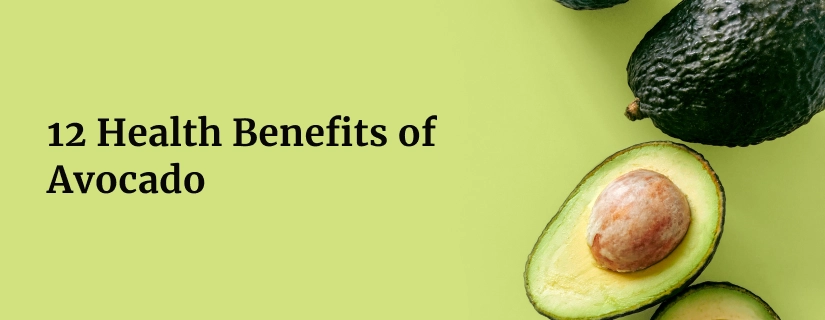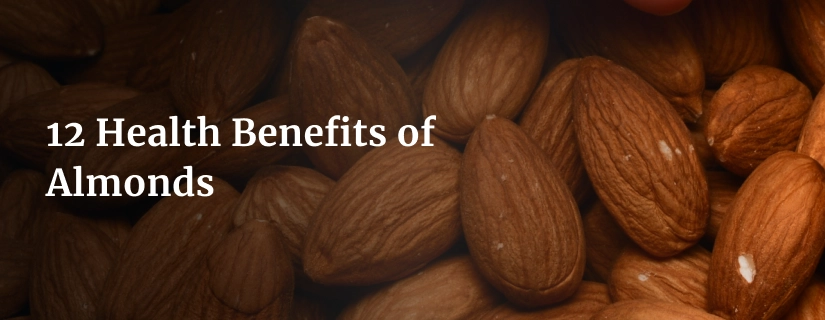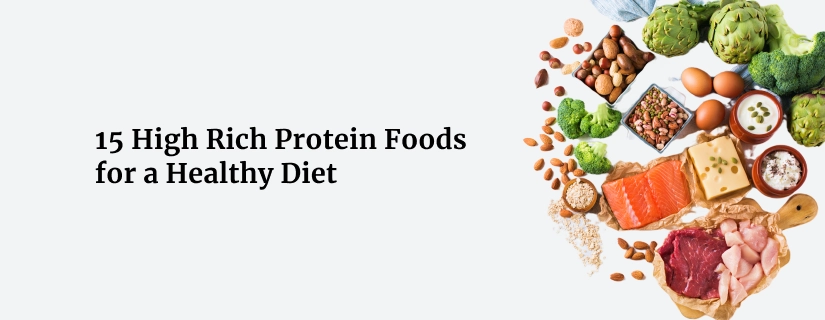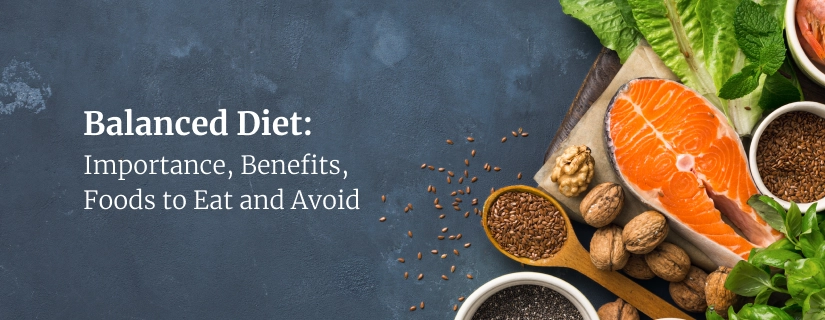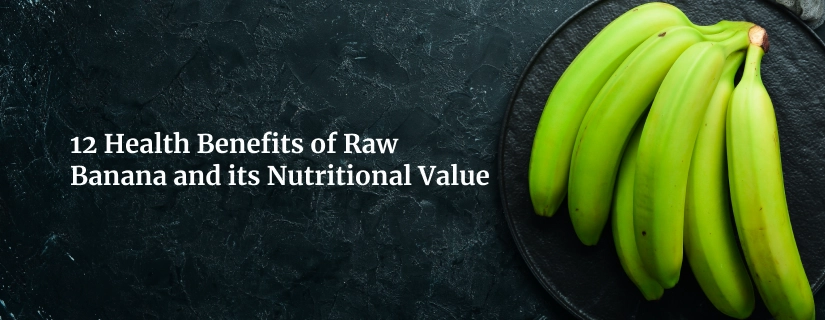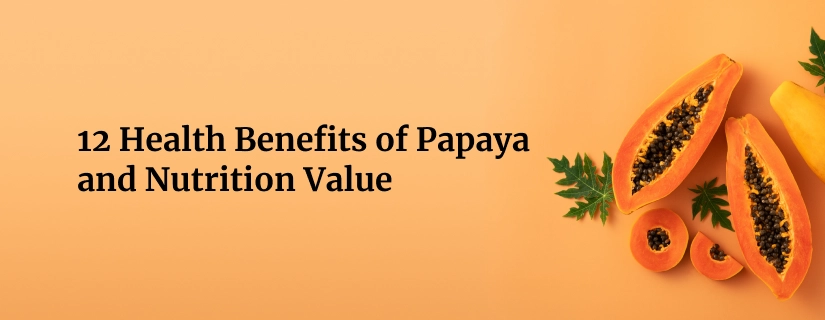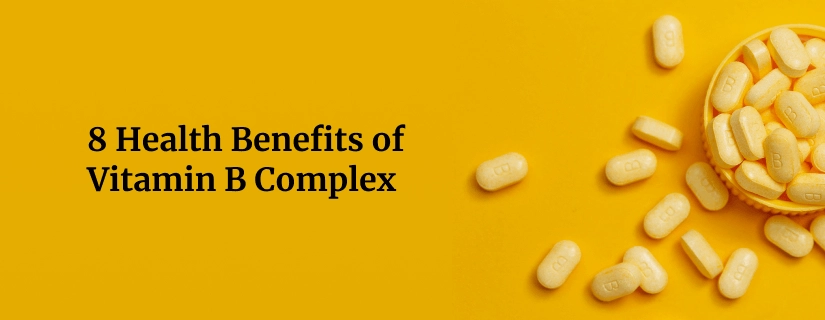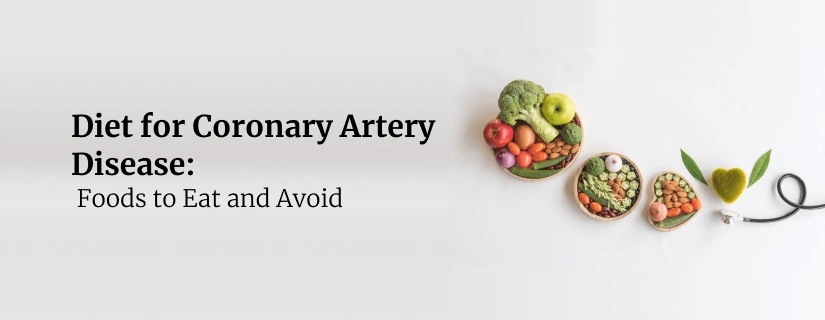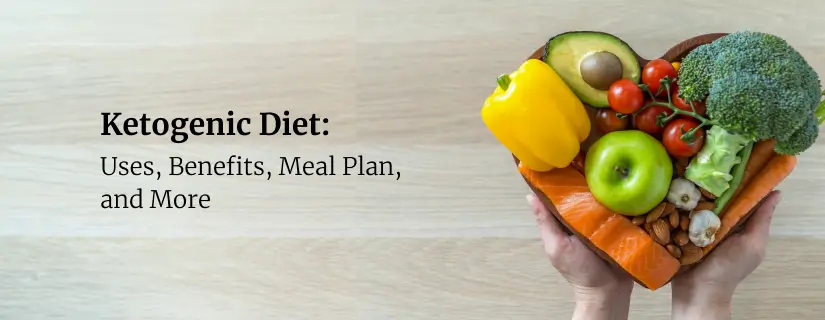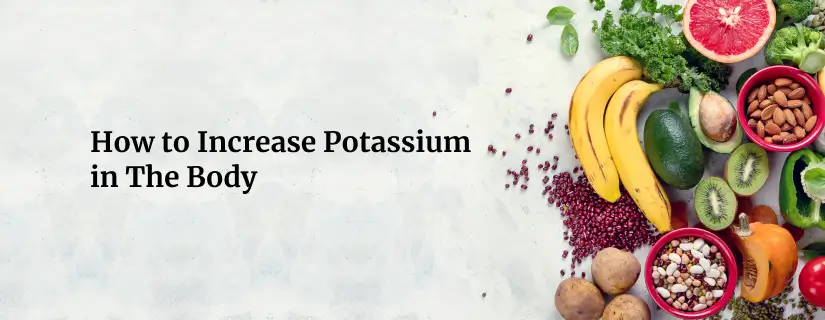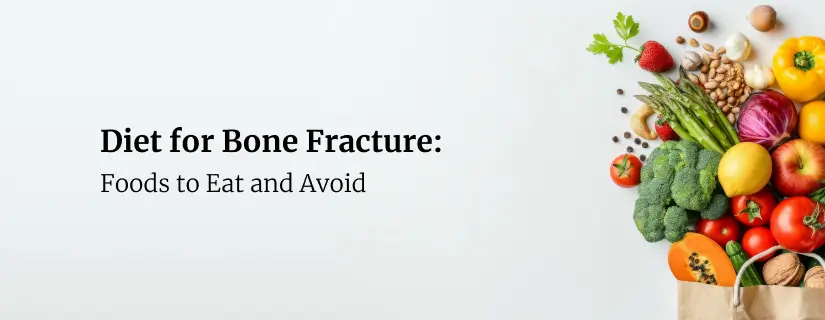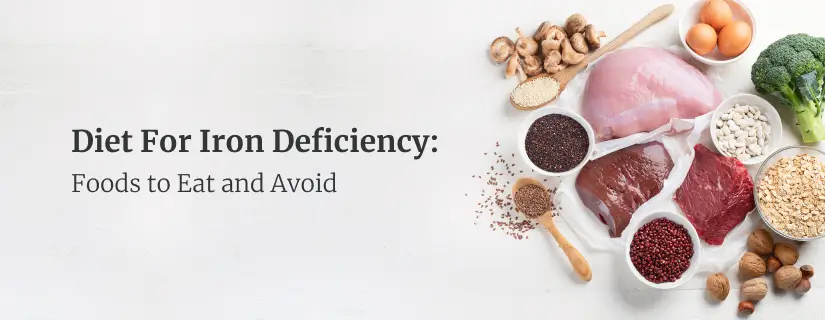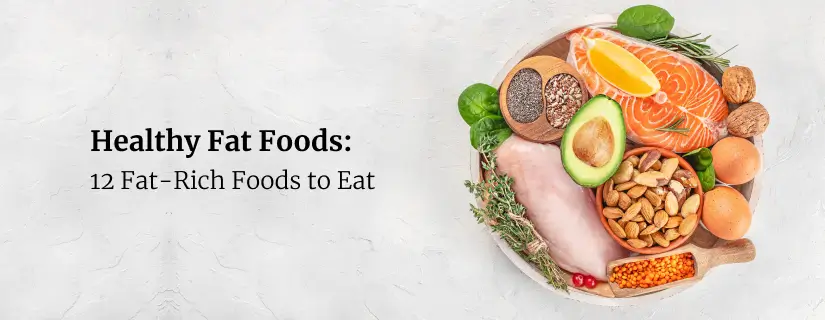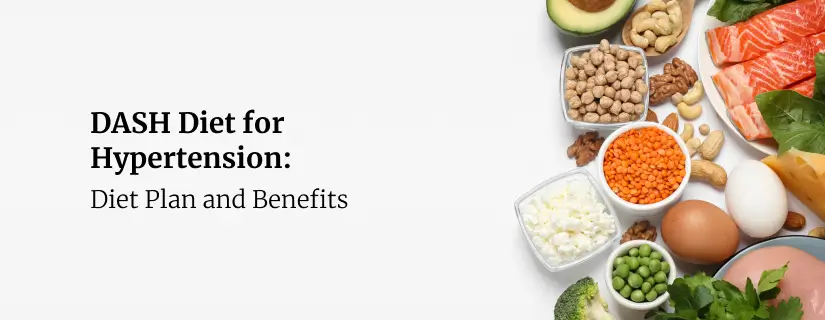-
Doctors
-
Specialities & Treatments
Centre of Excellence
Specialties
Treatments and Procedures
Hospitals & Directions HyderabadCARE Hospitals, Banjara Hills CARE Outpatient Centre, Banjara Hills CARE Hospitals, HITEC City CARE Hospitals, Nampally Gurunanak CARE Hospitals, Musheerabad CARE Hospitals Outpatient Centre, HITEC City CARE Hospitals, Malakpet
HyderabadCARE Hospitals, Banjara Hills CARE Outpatient Centre, Banjara Hills CARE Hospitals, HITEC City CARE Hospitals, Nampally Gurunanak CARE Hospitals, Musheerabad CARE Hospitals Outpatient Centre, HITEC City CARE Hospitals, Malakpet Raipur
Raipur
 Bhubaneswar
Bhubaneswar Visakhapatnam
Visakhapatnam
 Nagpur
Nagpur
 Indore
Indore
 Chh. Sambhajinagar
Chh. SambhajinagarClinics & Medical Centers
Book an AppointmentContact Us
Online Lab Reports
Book an Appointment
Consult Super-Specialist Doctors at CARE Hospitals
How much water should you drink based on your weight?
Updated on 27 April 2023

Introduction
Our body weight is about 60% water. We need water for most bodily functions which are to clear toxins, transport nutrients to cells, make fluid that cushions our joints, and digest food.
Water scarcity can lead to dehydration which can induce dizziness, confusion, and even seizures.
Hence, it is extremely crucial to drink the appropriate amount of water. Our water requirements depend on a number of factors including but not limited to weight, size, temperature, physical workout, etc. Let us have a look at our daily water intake requirements:-
How Much Water Should We Intake Per Day?
According to studies, the water intake per day for an average person - 8 cups. In general, recommended water intake for adults and children:
Men - 3 litres of water per day
Women – 2 litres of water per day
Children - 6 to 8 cups of water every day in addition to eating fruits and vegetables.
Few exceptions:
- Pregnant and breastfeeding women should consume 10 cups and 12 cups respectively.
- Individuals performing physical activity and sweating in hot temperatures are advised to increase their daily water intake.
- When children are playing or exercising, the recommended water intake for children should be half to 2 cups every 15-20 minutes.
- People who suffer from heart failure and kidney diseases should limit their water intake per day.
- Certain health conditions can also play a role in how much water you need. Ask your doctor for guidance if you have:
- thyroid disease
- kidney, liver, or heart problems
- Takes medications that hold water NSAIDs, opiate pain meds, and some antidepressants
What are the benefits of drinking water adequately?
After having a look at the daily water intake, let us also take cognizance of the benefits of drinking water:-
- To get rid of waste through urination, perspiration, and bowel movements
- To stabilize our body temperature due to its heat absorption quality
- To enable the production of fluids that lubricate and protect joints.
- To shield our sensitive tissues.
What are the sources of Water?
One can consume water, and other beverages to match their daily water intake requirements.
Fruits and vegetables: Fruits and veggies are natural sources of water. They also contain vitamins and minerals essential to our body functions. For example, cucumbers, iceberg lettuce, celery, and watermelons have over 90% water.
Sports drinks: They contain carbohydrates and electrolytes that help one absorb energy and water. They help restore the salts lost through sweat. Nonetheless, one should also check nutrition labels and serving sizes of sugar and consume them within safety limits.
However, not all drinks contribute to replenishing water in our bodies. Hence, the following drinks should be limited:
Energy drinks: Energy drinks contain sugar and stimulants such as caffeine. Therefore, it is necessary to consume them with precautions as medical professionals prohibit children and teens from drinking them.
Juices, Sodas, and Smoothies: Though they can be hydrating, they contain high sugar and calories.
Coffee and tea: Coffee and tea provide water temporarily to our body as we also lose water when we pee. An adult can consume up to 4 cups of coffee every day as a safe limit. They can cease taking the drink if they feel jittery or anxious.
Alcoholic drinks: Alcohol also contain water but one can lose high amounts of water during urination, which may lead to dehydration.
How to check if one has an apt daily water intake?
You can assume that your daily water intake is sufficient if one doesn't feel thirsty, and your urine is yellow or colourless. Headache and tiredness are some side effects of dehydration.
The doctor or dietitian can also help them determine the suitable amount of water intake per day.
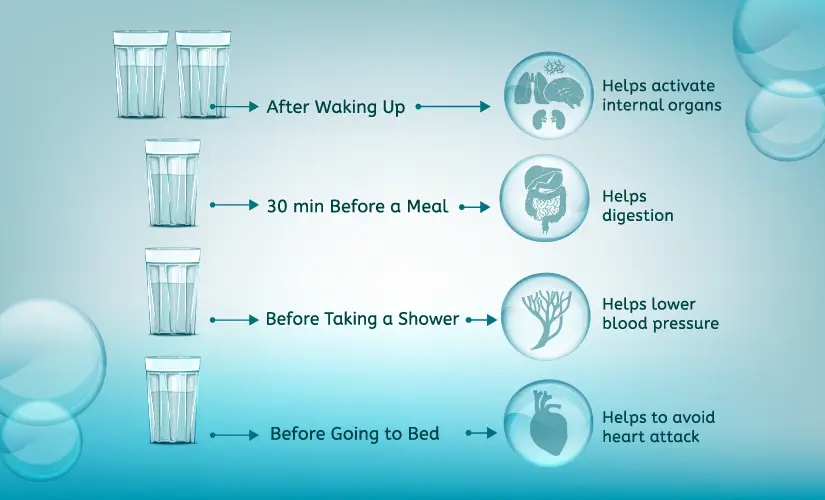
It is always apt to drink water:
- With each meal and between meals
- Before, during, and after exercise
- Whenever one feels thirsty

ENQUIRY FORM
SELECT CATEGORIES
-
Neurosciences (16)
-
Neurology (37)
-
Neurosurgery (14)
-
Orthopaedics (48)
-
Oncology (33)
-
Obstetrics and gynecology (52)
-
Pulmonology (23)
-
Urology (20)
-
Nephrology (13)
-
Psychiatry (7)
-
Dietetics and Nutrition (111)
-
General Medicine (63)
-
Cardiac Sciences (32)
-
Vascular & Endovascular Surgery and Interventional Radiology (15)
-
Gastroenterology (46)
-
Endocrinology (23)
-
Plastic Surgery (10)
-
Critical Care Medicine (5)
-
COVID-19 (16)
-
Dermatology (16)
-
Emergency Care (1)
-
Ophthalmology (4)
-
Pediatrics (14)
-
Laparoscopic and Bariatric Surgery (8)
-
ENT (15)
-
Kidney Transplant (1)
-
Liver Transplantation and Hepatobiliary Surgery (5)
-
General Surgery (3)
-
Internal Medicine (5)
-
Medicine Information
Health Benefits of Dragon Fruit
How to Manage Type-2 Diabetes with Diet?
YOU MAY ALSO LIKE
RECENT BLOGS
-

Preterm Birth (Premature Birth): Symptoms, Causes, Treatment and Prevention
13 May 2025
Read More
-

Rotablation Angioplasty: Benefits, Treatments, And Recovery Time
9 May 2025
Read More
-

What Is The Difference Between IUI and IVF?
9 May 2025
Read More
-

Venous Malformations: Causes, Symptoms, and Treatment
30 April 2025
Read More
-

Varicose Vein Foam Sclerotherapy: Treatment, Benefits, and Procedure
30 April 2025
Read More
-

Radiofrequency (RF) Ablation Treatment for Varicose Veins: Know More
30 April 2025
Read More
-

Varicose Vein Sclerotherapy: Treatment, Benefits, and Procedure
30 April 2025
Read More
-

Varicose Vein Endovenous Laser Ablation: Procedure, Benefits, Risks
30 April 2025
Read More
Have a Question?
If you cannot find answers to your queries, please fill out the enquiry form or call the number below. We will contact you shortly.









